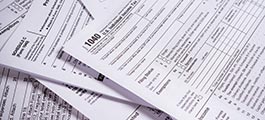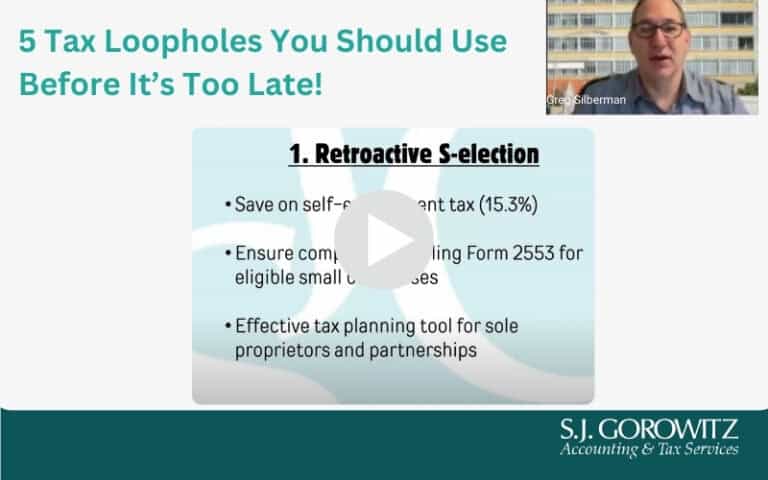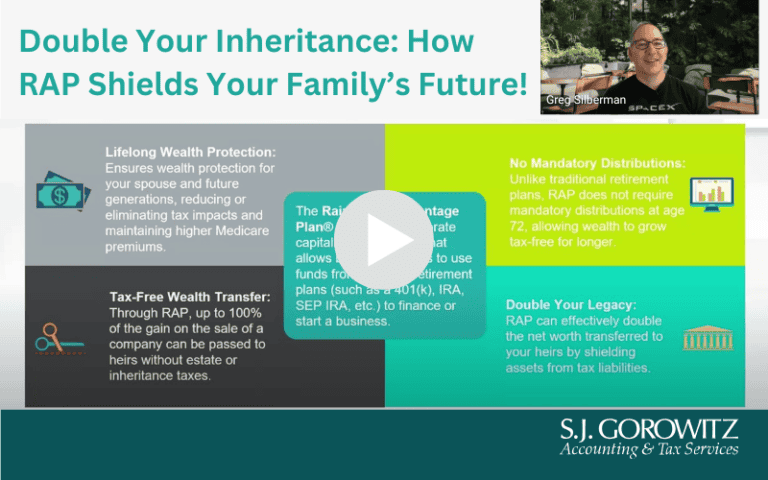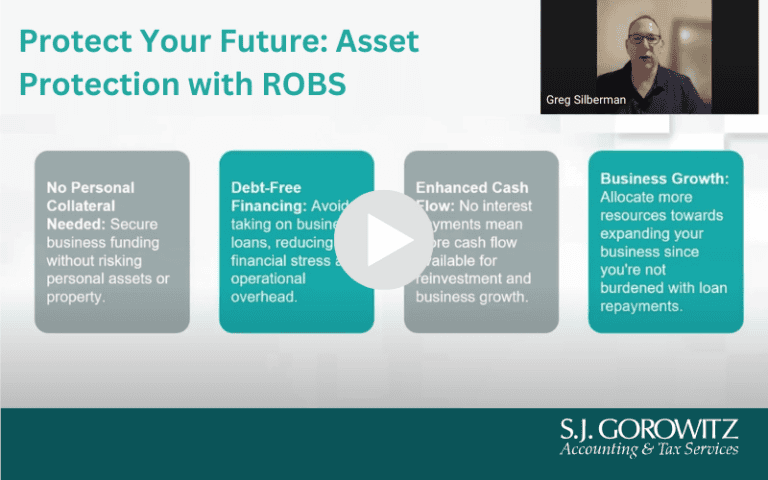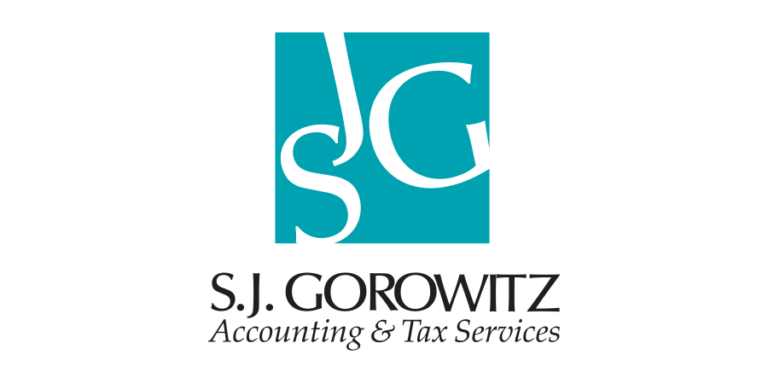
If you own a small- to mid-sized business, finding the right expert for your accounting and bookkeeping needs is critical to your operations. You may have tried to handle those functions yourself at one point and learned quickly that proper accounting can be time-consuming.
With the help of a small business accountant or CPA who offers outsourced accounting and bookkeeping services, you can focus your time and resources on building your business, without having to hire or retrain employees to handle bookkeeping and file tax payments.
Finding the right fit for you and your business is important, so let’s look at some considerations for finding a small business accountant.
The Differences Between Bookkeepers, Accountants and CPAs
You may be wondering, “What is the difference between bookkeepers, accountants and CPAs?” Some people use the terms interchangeably, but they are not the same.
- A bookkeeper focuses on day-to-day operations and recording transactions, such as accounts payable and receivable. While a bookkeeper may have a college degree, a person does not need specialized training to work as a bookkeeper.
- An accountant can also do bookkeeping; however, he or she also maintains financial statements, files business tax returns, and provides strategic guidance on improving business operations. Accountants typically hold a bachelor’s degree in accounting or a related field but may or may not be licensed.
- A CPA, or Certified Public Accountant, is an accounting professional who has passed a rigorous exam and earned CPA licensure. CPAs are required to adhere to more stringent standards and codes of conduct than unlicensed accountants.
CPAs must also complete continuing education to maintain their knowledge of best-practice accounting standards. Because of these high standards and their licensure, CPAs are recognized as qualified to represent taxpayers before the IRS in all matters, including audits, collections, and appeals.
How to Choose the Right CPA for You
If you’ve decided to look for a CPA to help your business, here are some steps to take to find the right firm:
- Identify your needs and compare them with the CPA’s service offerings. In addition to tax preparation, CPAs can specialize in business, government, and forensic accounting, as well as QuickBooks support, business advisory and M&A advisory services. You may want to look for a CPA with experience in your specific industry or sector.
- Verify credentials. The IRS requires CPAs who prepare taxes to register with the IRS and have a Preparer Tax Identification Number (PTIN). You also will want to confirm the CPA’s membership in the American Institute of Certified Public Accountants and verify their firm’s credentials with state Boards of Accountancy.
- Understand costs and how the CPA bills for services. CPAs may charge by the hour, a flat fee or other fee schedules based on the complexity of your needs. You may be able to negotiate fees or agree on flat rate fees for the services you need.
Once you have gathered this information, it’s strongly recommended that you draft an engagement letter signed by both you and the CPA. The letter should include agreed-upon costs, services, deliverables and the expected duration of the relationship.
S.J. Gorowitz Accounting & Tax Services offers a suite of tax, accounting, advisory and other support services that are scalable and flexible as your business grows. Please contact us at 770.740.0797 to make an appointment to discuss how we can help you.


